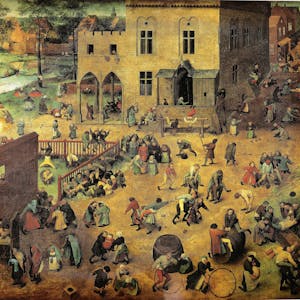Game Theory

$79
ENROLL NOWCourse Overview
Popularized by movies such as "A Beautiful Mind," game theory is the mathematical modeling of strategic interaction among rational (and irrational) agents. Beyond what we call `games' in common language, such as chess, poker, soccer, etc., it includes the modeling of conflict among nations, political campaigns, competition among firms, and trading behavior in markets such as the NYSE. How could you begin to model keyword auctions, and peer to peer file-sharing networks, without accounting for the incentives of the people using them? The course will provide the basics: representing games and strategies, the extensive form (which computer scientists call game trees), Bayesian games (modeling things like auctions), repeated and stochastic games, and more. We'll include a variety of examples including classic games and a few applications. You can find a full syllabus and description of the course here: http://web.stanford.edu/~jacksonm/GTOC-Syllabus.html There is also an advanced follow-up course to this one, for people already familiar with game theory: https://www.coursera.org/learn/gametheory2/ You can find an introductory video here: http://web.stanford.edu/~jacksonm/Intro_Networks.mp4
Course FAQs
What are the prerequisites for 'Game Theory'?
Prerequisites for this continuing education class are set by Stanford University. Most professional development online classes benefit from some prior knowledge. Please check the provider's page for specific requirements.
Will I receive a certificate for this CE class?
Yes, upon successful completion, Stanford University typically offers a shareable certificate to showcase your new skills and fulfill your continuing education requirements.
How long does this online course take to complete?
Completion times for online continuing education courses vary. The provider's website will have the most accurate estimate of the time commitment needed.





